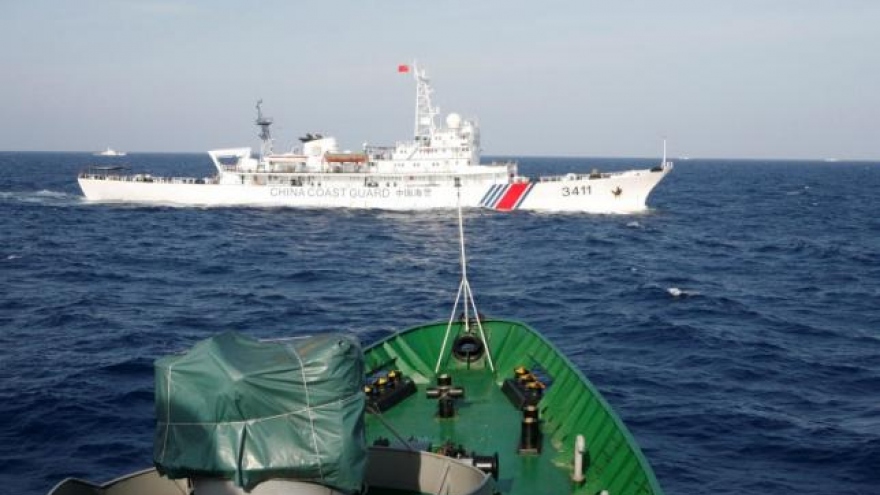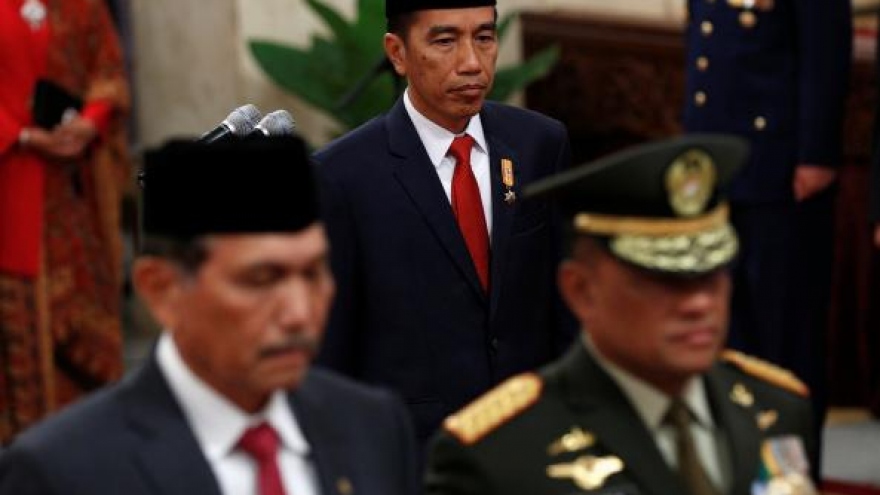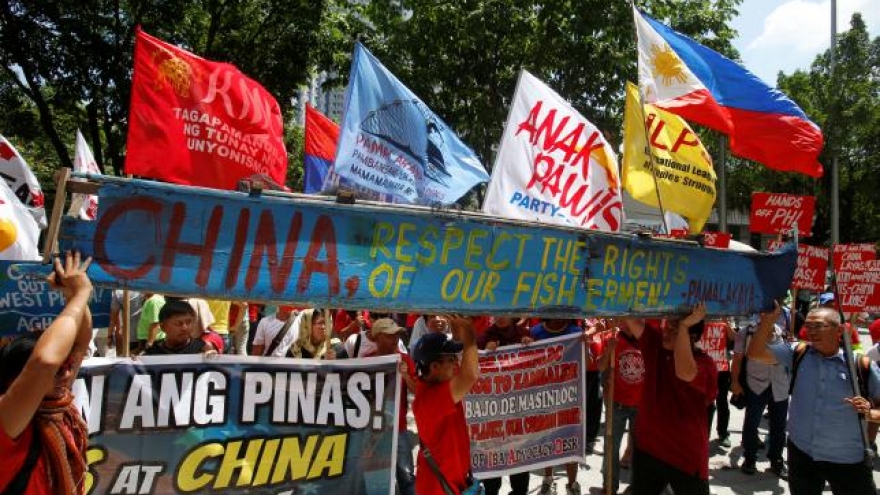Obama presses China's Xi on East Sea ahead of G20
US President Barack Obama on September 3 pressed his Chinese counterpart Xi Jinping on territorial disputes in the South China Sea, urging Beijing to uphold its legal obligations and stressing the United States' commitments to its regional allies.
 |
| U.S. President Barack Obama and Chinese President Xi Jinping walk to the door to take a stroll outside at West Lake State Guest House in Hangzhou, in eastern China's Zhejiang province, September 3, 2016. REUTERS/Carolyn Kaster/Pool |
China is keen to ensure a smooth summit, its highest profile event of the year, as it looks to enhance its global standing and avoid acrimony over a long list of tensions with Washington.
Obama, now in the last five months of his presidency, wants to put a final stamp on his signature policy shift toward the Pacific, setting the tone for his White House successor, who will be elected in November and take office on Jan. 20.
He has invested in developing closer ties with nations in Southeast Asia, and is taking pains in his last scheduled trip to the region to reassure partners worried about the economic and military might of China.
After more than four hours of meetings with Xi and his top officials, Obama emphasized the importance for China to "abide by its obligations" to an international maritime treaty in the dispute over rights to a territory rich in oil and fish through which US$5 trillion in trade travels each year.
An arbitration court in The Hague ruled in July that China had no historic title over the waters of the East Sea (internationally name South China Sea) and had infringed on the rights of the Philippines, which brought the case under the UN Convention on the Law of the Sea.
China rejected the ruling and accused the United States of stirring up trouble in the sea where its territorial claims overlap in parts with Vietnam, the Philippines, Malaysia, Brunei and Taiwan.
In an unusually lengthy statement following the meeting, the White House said Obama had "underscored the United States' unwavering commitment to the security of its treaty allies."
"The president reaffirmed that the United States will work with all countries in the region to uphold the principles of international law, unimpeded lawful commerce, and freedom of navigation and over-flight," the White House said.



